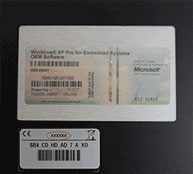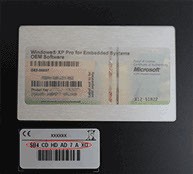With industrial computer applications expanding by the day, the range of machine options is quite broad, making it challenging to pick one that fits your requirements.
The most important decision you will have to make is on the processor of an industrial PC. The CPU influences the performance of a machine, so it has to match your needs perfectly.
Performance demands have led to the exponential growth of computer chips with newer one providing more power.
Processor Power
The tasks that an advanced industrial computer is meant to perform should act as a guide when selecting a processor. Some jobs demand fast speeds and more power from a machine than others.
For instance, an industrial PC utilised for data input only will not demand as much as one that is used to control manufacturing equipment. Before you start weighing processor options, have a full understanding of the power needs that certain applications call for.
Motherboard Compatibility
An advanced industrial computer processor should be compatible with the motherboard if you are to get the best out of it. A motherboard that comes with processor socket requires the corresponding processor to work properly. Some other motherboards have onboard processors without sockets. Carefully analyse the features of a motherboard before settling on a processor.
Professional Assistance
Deciding which processor suits the needs of an advanced industrial computer can be complicated, especially when doing it for the first time. There is a world of difference though when a professional tells you that one processor would serve you better than another one.
An expert will also have a clear understanding of your specific applications and the processor requirements, thus, making it easier to match a system to a project.
Sources:
Buying a new computer, explainthatstuff.com
Choosing a processor is a multifaceted process, embedded-computing.com


